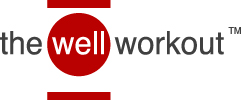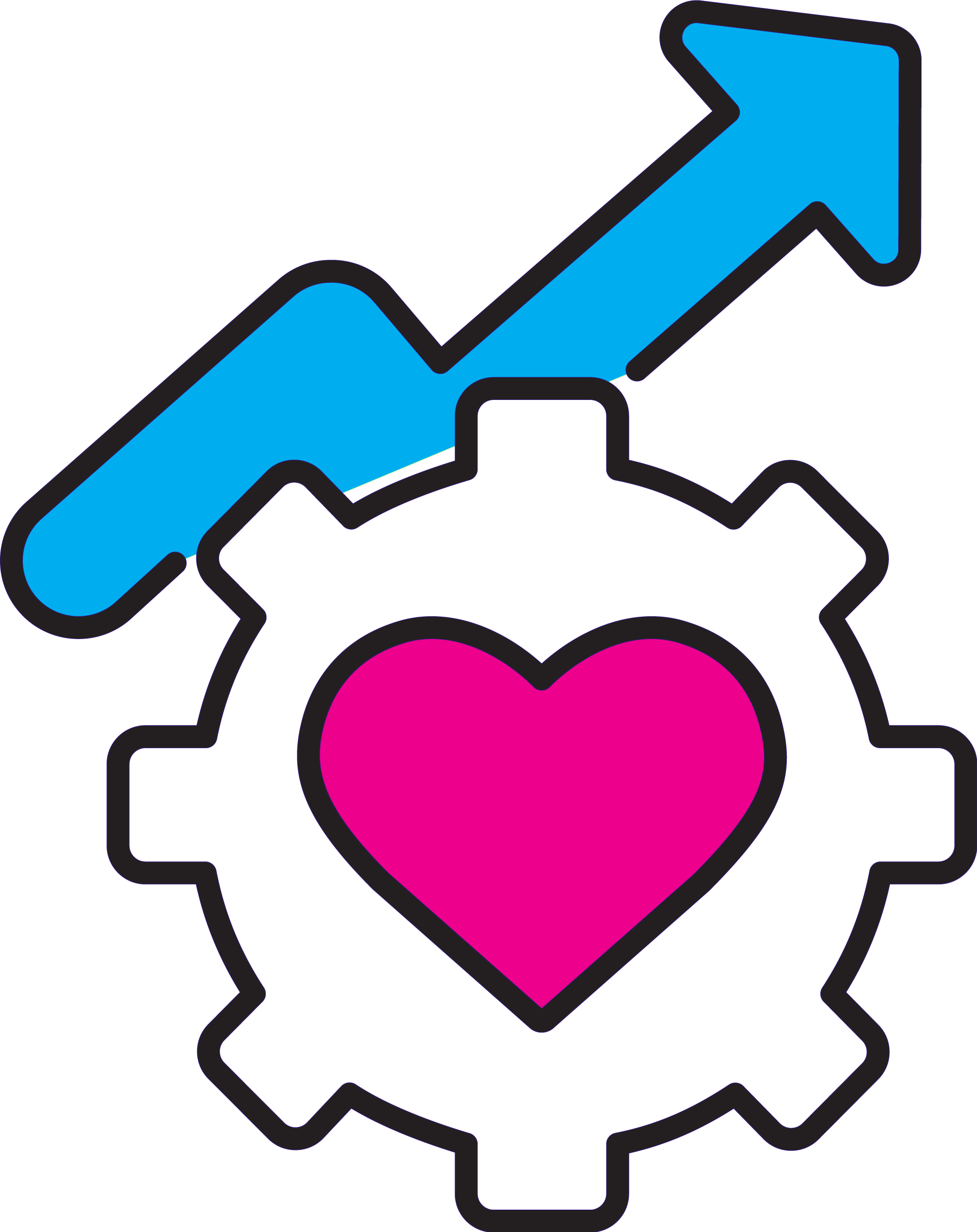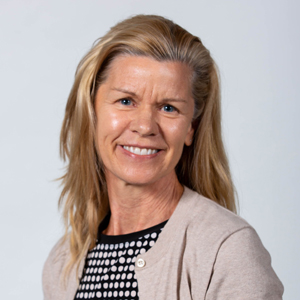The Crisis of Overwork
A 2021 survey of five million U.S. workers by the job site Indeed revealed that 80% of respondents felt the pandemic had taken a negative toll on their work-life and more than 50% had, in the past month, experienced full-blown burnout — a serious health condition characterized by physical exhaustion, mental brain fog, emotional cynicism/ hopelessness and social disengagement.
The Three Depleting S’s are a big part of the problem. Consider these recent findings:
- It’s estimated that the average American office worker now spends upwards of 15 hours a day in a seated posture, doubling our risk for cardiovascular disease, diabetes, colon cancer and depression. Doctors have rightly warned us: Sitting is the new smoking.
- Excessive screen time is also doing a number on us — straining our eyes, impairing our sleep and shrinking the grey matter in our brains. During the height of the pandemic, adults in the U.S. spent between 13-17 hours per day looking at screens, counting both work and free time.
- More of us are also suffering from “terminal seriousness.” According to Gallup’s 2021 Global Emotions Survey, the percentage of people who said they had something to smile or laugh about in the past day declined 9 points in the U.S. and Canada, the lowest scores in the survey’s history.
Given these alarming facts (and my recent bonk), the next question is: How can we shift our overall work experience from exhausting to enjoyable?
Taking more rest breaks is an obvious solution to help us rebalance from prolonged sitting and screen time, and I’ll be devoting a future article to this important topic. But to make the act of working (at a desk, using a computer) feel less serious, we need something more. We need to tap into the power of play.
The Science of Play
Play — in its many forms — makes us feel simultaneously relaxed and energized. Why? Because playing floods our brains with a bubbly cocktail of chemicals and endorphins, inducing a pleasurable mood state that’s been called runner’s high — exactly what a bonking marathoner (or working professional) needs.
Employees who experience play on the job report less fatigue, boredom, stress and burnout. More broadly, playful cultures are positively correlated with job satisfaction, a sense of competence and creativity.
And when it comes to adult learning, the case for play is equally strong. In one notable study, when a task was presented in a playful manner, participants were more involved and spent more time
completing it. If this sounds like the opposite of disengagement (one of the symptoms of burnout), you’d be right.
Creating a ‘Work Playground’
With these benefits in mind, let’s get tactical. The day after my bonking episode, I began a two-part experiment to infuse my writing and design time with more playfulness.
Here’s what I did: I started by incorporating a series of playful behaviors as an antidote to sitting, screens and seriousness. My goal was 10 minutes of play for every 50 minutes of work. I rotated between three science-based practices that I regularly teach in my stress-busting wellbeing workouts. For fun, I’ll call them The Three Energizing S’s:
Imaginative stretching. Sure, some basic calisthenics like arm raises and toe touches can ease sore, sedentary muscles. But in the frame of “work as play,” how we stretch matters. So, as I raised my arms overhead, I pretended that I was standing in front of an enormous apple tree, trying to pick the ripest fruit from the tallest branch. And as I bent forward, I imagined each of my toes had a face and I waved at them one by one with “jazz hands.”
Sound silly? You bet. But as any athlete will tell you — visualization works.
Joyful sounds. Since screens tax our sense of sight, I decided to introduce up-tempo sounds into my quiet workspace. I hummed and whistled while doing routine tasks like Internet searches. A Spotify playlist called “Playful Jazz Beats” became my go-to background music, simulating the vibe of a lively café.
And when I needed a quick boost, I did my signature play move — a three-clap chant that goes like this: “very good, very good, yay!” My inner five-year old jumped for joy every time.
Spontaneous smiling. Finally, I drew a smiley face on a sticky note and stuck it to my desk lamp. This visual cue helped me remember to smile and giggle periodically throughout the day for no reason, as if it was another form of fun exercise (which it is — Google “laughter yoga” to learn more).
And during moments of anxiety or overwhelm, I reminded myself of an amazing biological fact: Our brains cannot register fear when we’re laughing. Ha!
The Playful Mindset
After playfully hacking my work routine with The Three Energizing S’s — stretching, sounds and smiling — I moved on to more challenging terrain: adopting a playful mindset.
This step has proven more challenging, as my “no pain, no gain” mentality is hard-wired. Yes, my inner critic still visits me daily — “stop goofing off,” she shouts.
But I’m getting better at tuning her out. As a result, some deeply engrained and wholly unhelpful beliefs — about work and its role in defining my identity and inherent self-worth — are starting to fall
away.
Now, when I catch myself grumbling about the things I have to do, I pause and shift into feeling grateful for some aspect of what I get to do. I’ve also started strategizing about what my best next moves are time and energy-wise, like in chess.
In short, I’m trying to gamify work in my mind.
My “work as play” thought experiment was largely inspired by the teachings of the late philosopher and writer Alan Watts, who once told this story (edited for brevity):
“Imagine being a bus driver. He needs to watch out for laws, oncoming traffic and the police — all while collecting fares and giving change to people coming on board. If this poor guy thinks that what he is doing is work, it will be hell.
“But what if the bus driver thinks that maneuvering this enormous conveyance is a very subtle game? He has the same feeling about it that you might have if you were playing guitar or dancing. He goes through traffic, avoiding this and that, and makes music of the whole thing. He’s not going to be tired at the end of the day. He’s going to be full of energy.”
An Invitation
My final question is this: How might blurring the lines between work and play benefit you? I hope these stories of bonking and bus drivers give you a few ideas. As a learning expert, you know that the gap between knowing and doing can feel hard to close when we’re stressed. But when we make a conscious choice to be more playful, the road ahead can feel less bumpy.
So, if you’re ready to give something new (and fun) a try, I warmly invite you to join me in adopting a daily play practice by following by Alan Watts’ sage advice:
“Regard everything that you’re doing as play and don’t imagine for one minute that you must be serious enough.”
Whether you’re working solo or leading a group, integrating moments of play into everyday worklife can be a game-changing move to dial down exhaustion and dial up enjoyment — for you and everyone involved. To which I say: very good, very good, yay!




